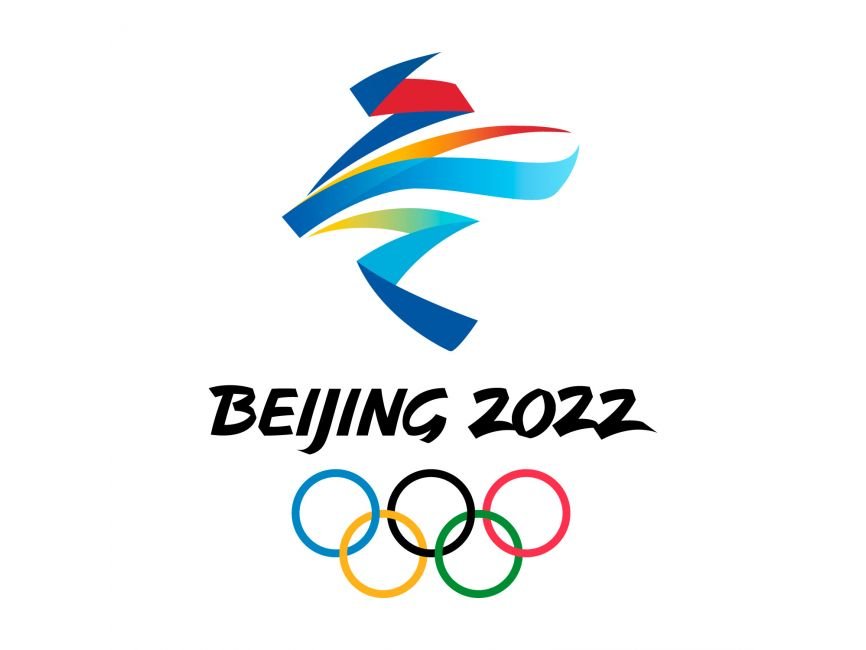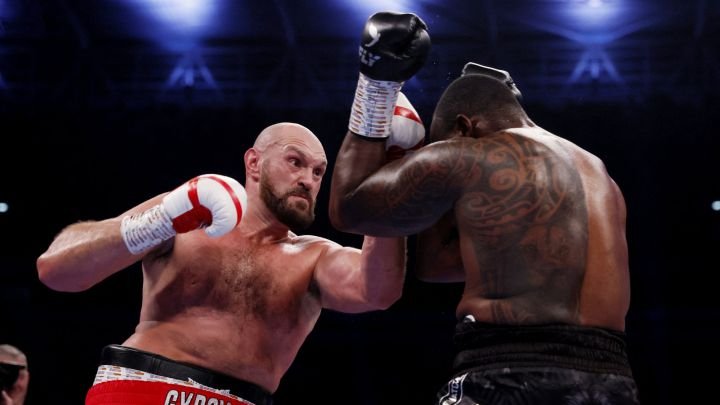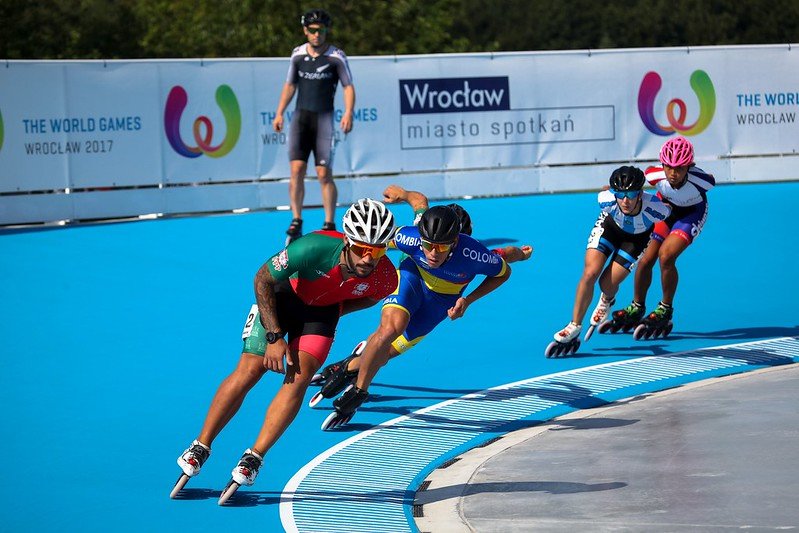Conversations regarding mental health in sport -as in any other area of life- are important. Sportspeople sometimes might be reluctant to talk about mental health in order to not appear “weak” or as “making excuses”. In the end being the best in sport is inherently difficult and mentally taxing.
Several sportspeople have opened up about mental health struggles, including depression, anxiety or psychiatric disorders. That is positive. It tells people that admire them that it is ok to want to address a mental health issue. It doesn’t make you worth less.
Naomi Osaka (JPN) has been transparent about how she has struggled with mental health issues, such as Tweeting that she “suffered long bouts of depression since the Tennis U.S. Open in 2018.” It is important that sportspeople take care of their mental health but not to use such narrative as a scapegoat to increase performance insofar as it reduces the credibility of mental health accomodations that some individuals might deerly need.
Osaka withdrew from the French Open after she was fined a minimum amount of 15,000 USD for not showing up to a post-match press conference, citing her anxiety while dealing with press conferences.
Anxiety while dealing with the press is not a mental health issue. It might be an uncomfortable situation given one’s personality but we all have situations that make us uncomfortable and are part of the job: they could be working out, commuting, waking up early, sending emails, attending conferences, etc.
Part of the business model of a world-class sportsperson in a sport such as tennis is to attend press conferences and be available for fans and media. It is an inherent part of the system that allows tennis to be the big sport it is.
This is what other female tennis stars fought for decades: to receive attention and reduce the income gap between male and female tennis. Naomi Osaka made $37.4 million USD in 2020, according to Forbes. Billy Jean King (USA) had prize earnings of less than 2 Million USD in her whole career. Let that sink in.
Making a lot of money does not mean that one cannot be prone to mental health issues. Absolutely not. But Naomi Osaka did not skip a press conference to address a mental health emergency but rather to shield herself from the inherent pressure her sport generates. A pressure all other competitors also have to endure.
Her sister posted a statement on opinion site Reddit (screenshot here) where she further explains why Osaka skipped the press conferences. It is a narrative that equivocally describes mental health as “protecting her mind” from “doubt”. That is lack of confidence, not a health issue.
The post itself talks about how the issue is Osaka’s lack of confidence in clay due to her past results and that “opinions have gotten to her head”. This would mean that media is being used as a scapegoat for poor performance instead of a mental health issue.
Crucially, in this case there has not been a single case that has been raised where media have been abusive or insensitive against Osaka. If Osaka’s issue is that some members of the press have the opinion that she has sub-performed in clay then her issue is with legitimate opinions. Then she is trying to build an imaginary world.
Roland Garros was right to fine her. The organization reports it tried to engage with her several times, including in practice courts and via written methods. Not engaging with someone else is not only bad manners but it is avoiding conversation and the possibility of solutions to arise. Not engaging in conversation is a conflict-generating attitude.
No athlete, for as popular, wealthy or successful as they may be, should have privileges that allow them to have an unfair competitive advantage vis-à-vis others, such as skipping press conferences and taking that time to do anything else -resting, reviewing a match, getting a massage- while their peers have to attend them.
Having said that, it is positive that Osaka has decided to delay her participation un further tournaments to take care of her mental health. We hope for the best during this process for her well-being. And, less important, we hope to see her play when she is ready as well.





